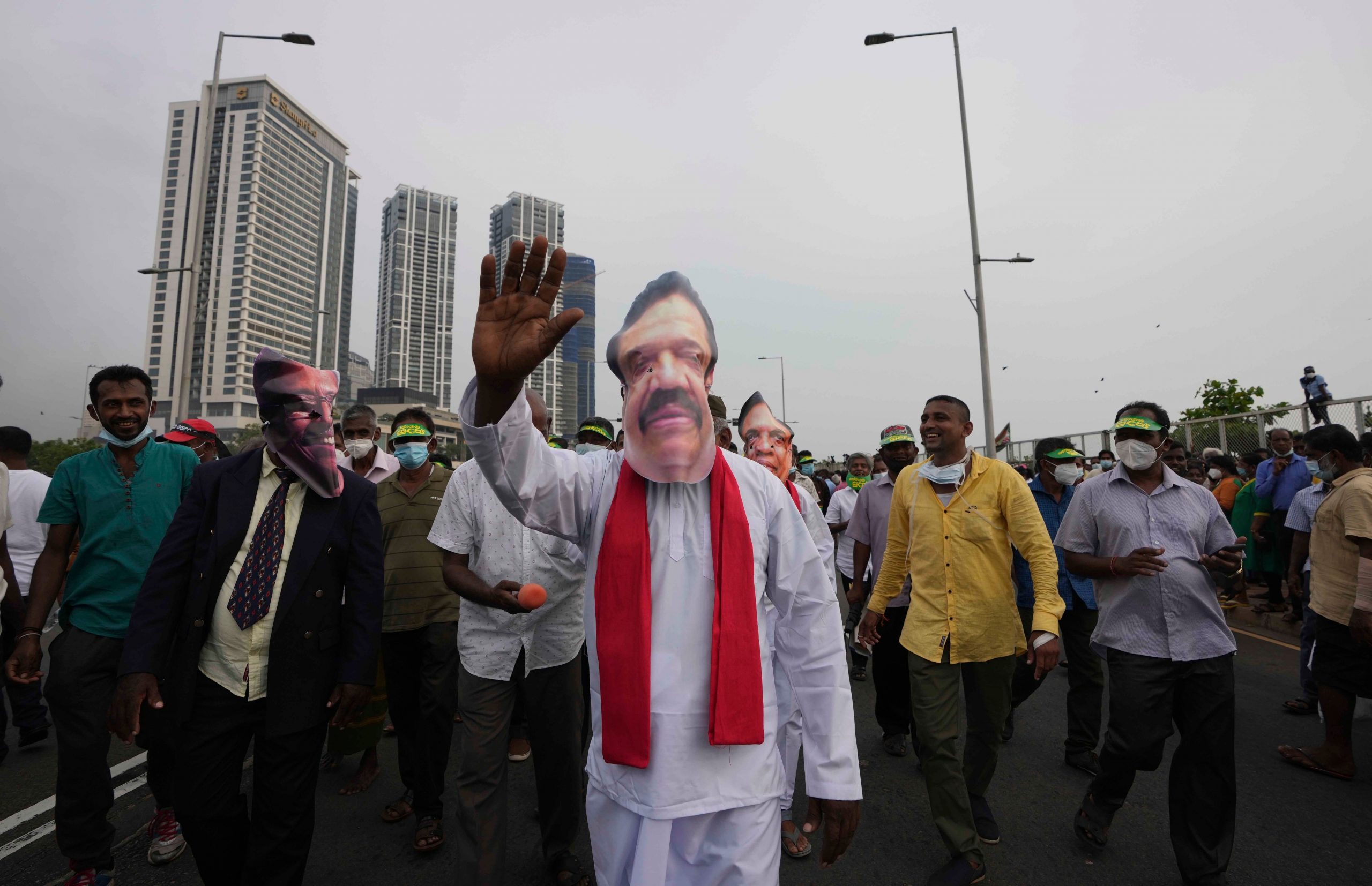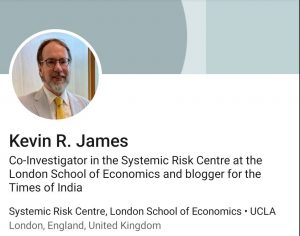Sri Lanka President Gotabaya Rajapaksa on Tuesday night revoked emergency rule within days of imposing it as the escalating political crisis makes it tougher for the island nation to agree a much-needed financial bailout from the International Monetary Fund (IMF).
It is reported that the proclamation that took effect from April 1 is repealed as of midnight April 5, Rajapaksa said in an extraordinary gazette late on Tuesday.
Also read: Sri Lankan crisis: Gotabaya Rajapaksa’s government loses majority in Parliament
Imposing Emergency had given Rajapaksa sweeping powers to detain protesters and seize property, but he also faced mounting calls from lawmakers to step down.
On Tuesday morning, as many as 11 parties within the ruling coalition said in Parliament that they would function as independent lawmakers and some members of Rajapaksa’s party will distance themselves from the government, putting a simple majority in the 225-seat legislature in doubt.
Also read: Sri Lanka: Rajapaksa regime at risk as MPs withdraw support | 7 points
An eroded cabinet following mass resignations, including the Finance Minister, limits his ability to negotiate with foreign bondholders a debt restructure that’s key for IMF support.
According to Reuters, the IMF is monitoring political and economic developments in Sri Lanka “very closely”.
Also read: Sri Lanka’s Finance Minister Ali Sabry resigns a day after appointment
The extra yield investors demand to hold Sri Lanka’s sovereign debt, on average, over US Treasuries widened by 76 basis points on Tuesday to 30.06 percentage points, according to JPMorgan Chase & Co. data, well above the 10-percentage point threshold for distressed debt.
Global asset managers including Fidelity Investments and T. Rowe Price Group are staring down the risk of default. Holders for which data is available are estimated to own 4% of the outstanding debt, and the amounts would constitute a small portion of the firms’ overall assets.
Also read: Sri Lanka opposition declines to join unity government
Opposition groups had previously rejected overtures from the president to join an interim government after the entire cabinet resigned following street protests by citizens.
The Opposition groups want to see a change to the country’s constitution that will limit Rajapaksa’s wide-ranging executive powers, which include calling for elections mid-way through a five-year parliament term and appointing and firing government officials and judges.







